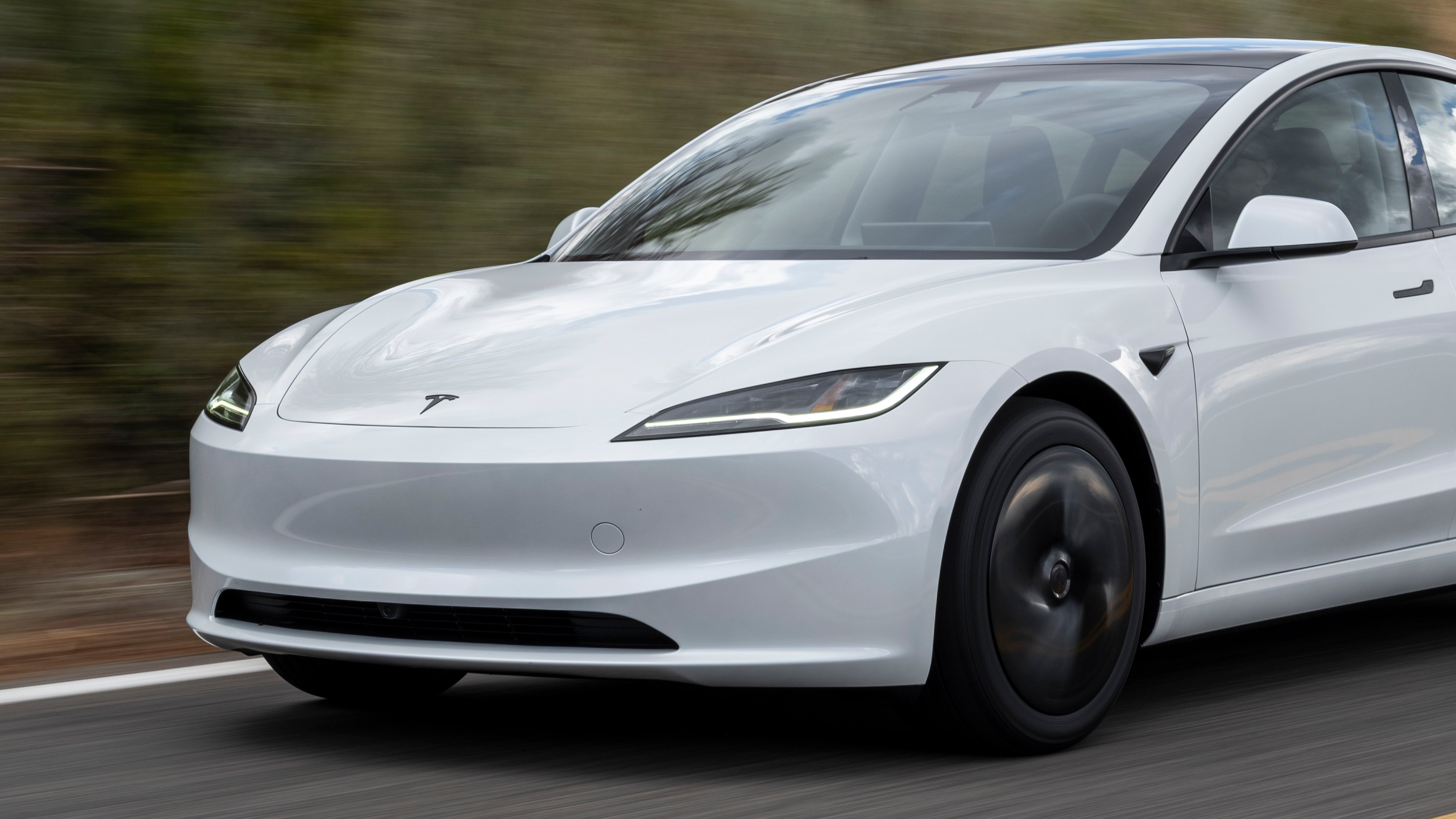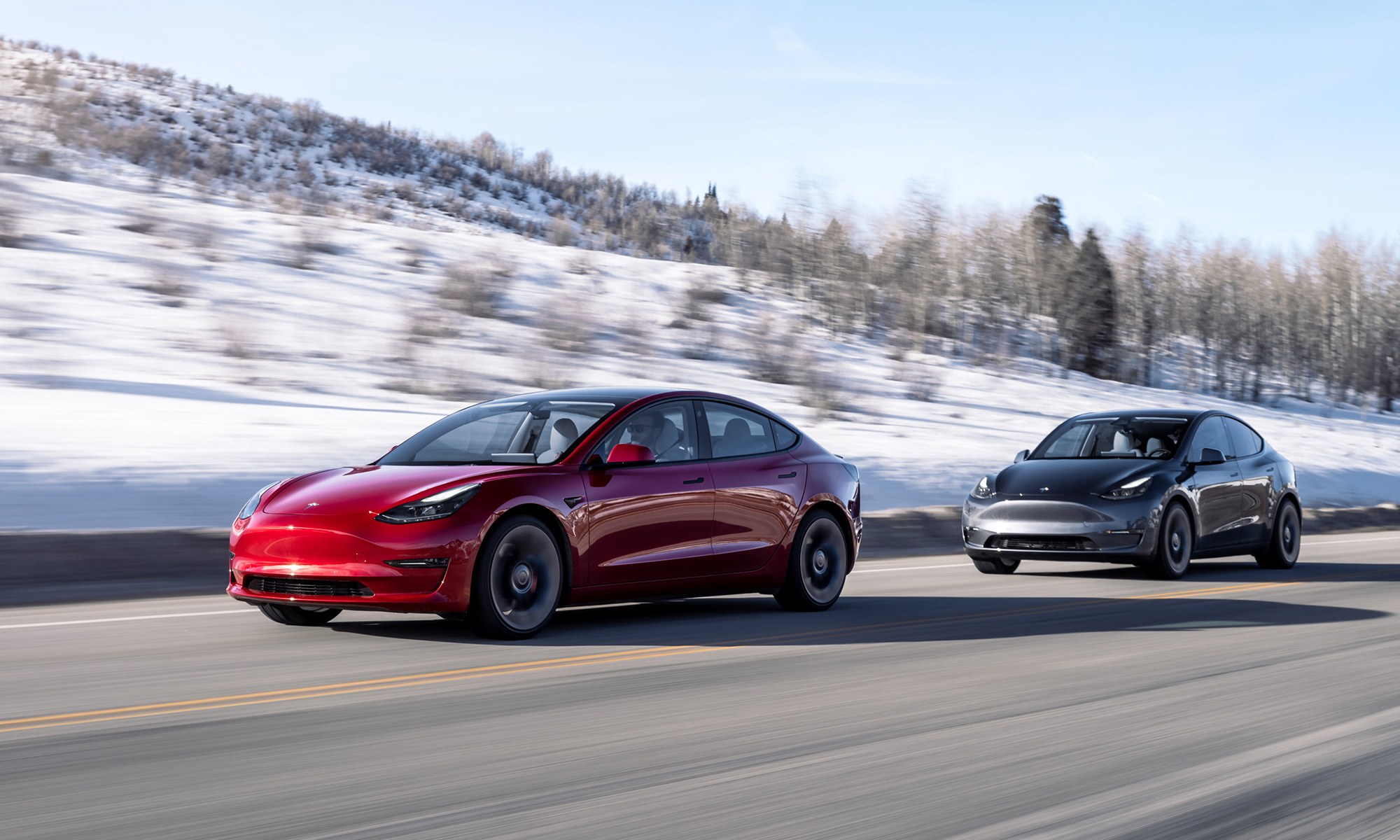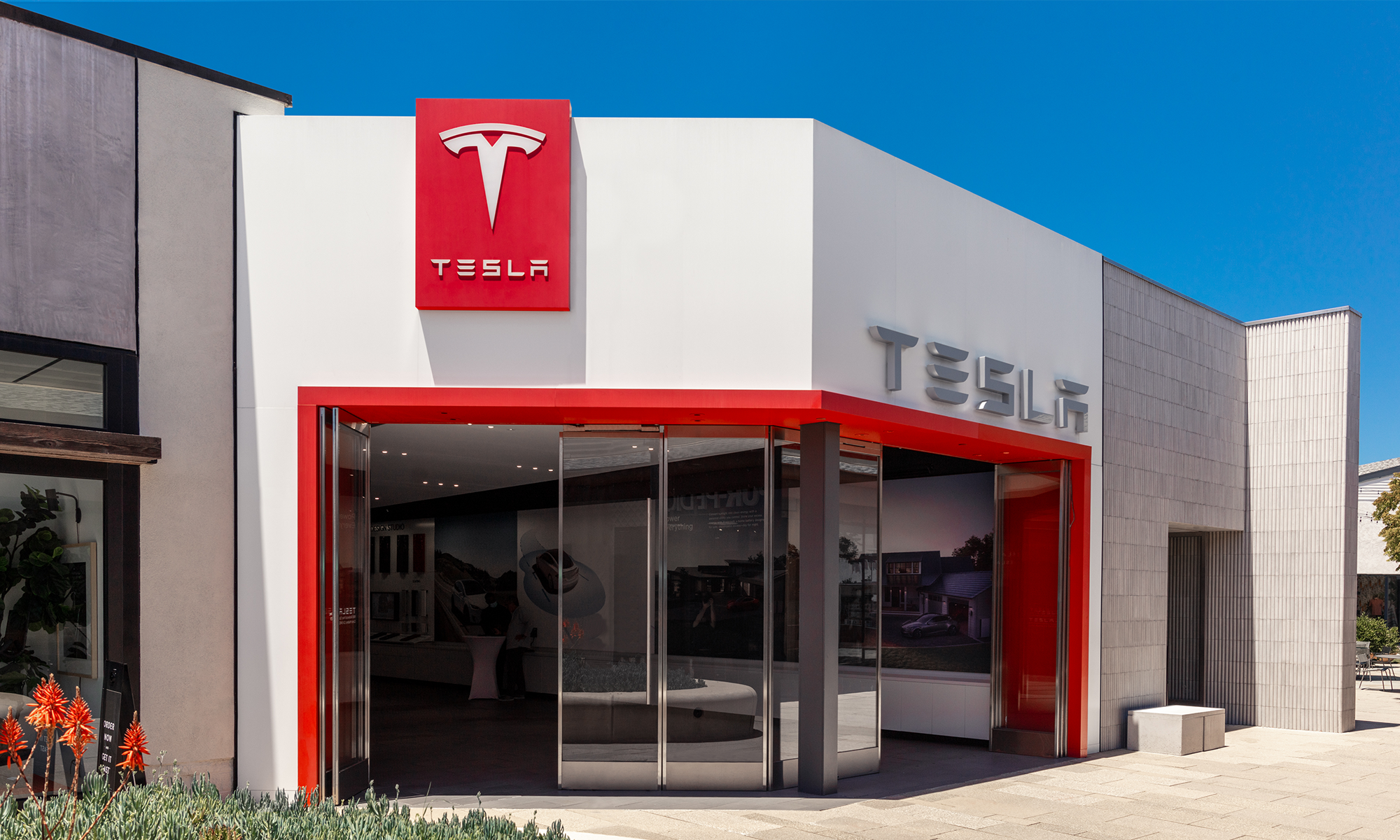For the record, I have long been a supporter of Tesla (TSLA 3.48%) and its electric vehicle (EV) vision. In my opinion, when you consider where and how Tesla started with its Roadster, then working to literally reenergize a stale, apathetic, and hardly growing EV industry, the young automaker should go down in history books as one of the largest automotive (or otherwise) business success stories.
That doesn't mean that investors or I have to agree with all the decisions the company makes or with all the antics of its polarizing CEO. There's no sugarcoating that Tesla's once pristine brand has been damaged over a number of developments this year, but more issues are popping up.

Image source: Tesla.
What's happening now?
Already, investors have dealt with consumer backlash due to political controversy, the Cybertruck failing commercially, high-level talent exodus, and declining vehicle dependability, among other things. But more is on the way.
Thousands more Tesla owners have allegedly joined a class action lawsuit against the automaker in Australia, revolving around false claims for its Full Self-Driving (FSD) package. In fact, there have been mounting lawsuits since Musk admitted its Hardware 3 (HW3) self-driving computer would be incapable of unsupervised self-driving. That, of course, comes after the 2016 Tesla claim that all vehicles produced from that point forward would have "all the hardware for full self-driving," described in the fine print as level 4-5 fully autonomous driving.
Musk previously said Tesla would retrofit vehicles with new hardware capable of reaching full self-driving. But after 10 months, owners are left with no word of an upgrade or even a software update to potentially improve the performance and capabilities of the HW3.
Last month, a similar lawsuit was launched against Tesla in China, and a judge recently shut down Tesla's attempt to block a HW3 class action lawsuit here in the States. We also have to remember the $329 million Miami verdict for a case involving a fatal 2019 crash -- Tesla is appealing the verdict. Following that verdict was another in Florida for $243 million to the family of a student killed in another crash. These incidents and lawsuits matter, and they're adding up.
Simply bad optics for Tesla
Under Musk's leadership, Tesla has been famously opposed to advertising, going as far as saying on the record that he "hates advertising" and that the money would be better spent on the product. Of course, as most of us have learned over the past decade, anything you say out loud, online, or otherwise can and will probably be used against you at some point.
That's the case with this next development. While Tesla sparingly dipped its toes in advertising before greatly reducing those efforts, it hasn't been shy to advertise more recently -- but not for its vehicles. The advertisements, in the form of TV and streaming ads, are to promote a vote for Tesla shareholders to approve many things, among them Musk's next compensation package worth up to $1 trillion.
I've previously advocated for something similar, a large pay package to then Ford Motor Company CEO Alan Mulally, who helped drive a complete turnaround at the Blue Oval. There's something to be said for having a CEO financially incentivized for the company's success. That said, Musk's potential $1 trillion pay package is seemingly on another level.
Tesla was quick to advertise and generate support for the pay package and other decisions. The optics aren't great when that advertising spend could have gone to promoting its vehicles as factories sit with unfilled production capacity – costly in the automotive industry.

NASDAQ: TSLA
Key Data Points
Is it time to sell?
There's little doubt that Tesla is facing a rough few quarters, perhaps even longer, depending on variables such as slower-than-anticipated U.S. EV adoption. It's made mistakes, such as the Cybertruck, and what could be considered distracting missteps with Musk's brief time in politics.
But it's also entirely possible that Tesla's best days are ahead as it attempts to get its foot in the door of multiple blossoming industries, such as artificial intelligence, robotaxi services, and robotics. Due to its sheer potential, even with a long, expensive, and uphill battle in these competitive industries, investors shouldn't see Tesla's current adversity and mounting challenges as a reason to sell, at least not yet.
Investors should absolutely see concerns and a reason to go back to their original investment thesis in the young EV maker. Investors are often encouraged to invest in what they know, which means many bought shares of an electric vehicle icon. Today, however, those same investors may own shares of what could become a largely technology-based company and investment -- that's great, but it's not the same investment it was almost two decades ago.
Tesla is at an inflection point, and so are some of its investors. It's important now to figure out whether you still buy into Tesla's evolving vision.





